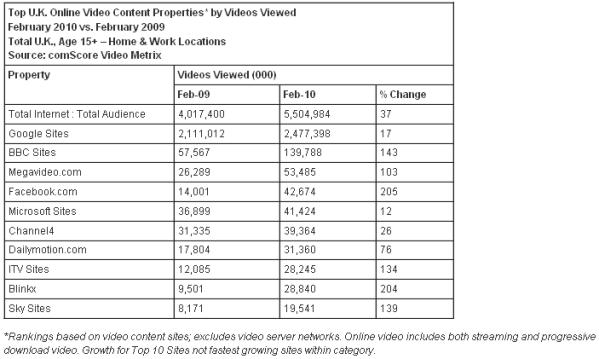 In the first study of its kind, NeuroFocus (a leading neuromarketing company) researched how consumers subconsciously react to ads viewed on different media. Specifically, the company used its own brain measurement technology to analyze consumers’ responses to VISA’s “Trip for Life” television commercial related to the 2010 Winter Olympic Games. Consumers watched the ad on television during the Olympic Games, on a special VISA-created Olympics Web site, and on a VISA-created Olympics Facebook page.
In the first study of its kind, NeuroFocus (a leading neuromarketing company) researched how consumers subconsciously react to ads viewed on different media. Specifically, the company used its own brain measurement technology to analyze consumers’ responses to VISA’s “Trip for Life” television commercial related to the 2010 Winter Olympic Games. Consumers watched the ad on television during the Olympic Games, on a special VISA-created Olympics Web site, and on a VISA-created Olympics Facebook page.
Key results reported by NeuroFocus included:
- Overall effectiveness for the ad, especially with women: highest on Facebook
- Purchase intent generated by the ad: highest on both Facebook and TV
- Messaging carried by the ad: strongest on the Internet, with Facebook stronger than the Web site
- Attention-getting: highest on the Internet
- VISA brand perception: lifted most strongly TV
These findings certainly indicate that social media marketing has strong effects on consumers’ subconscious minds and can even effectively boost purchase intent. However, it’s also important to note that social media comes in many forms and those forms are multiplying and changing quickly. With the widespread use of smartphones, the new iPad, and more gadgets undoubtedly coming soon to make it easier to access the Internet than ever, social media marketing is like the Wild West with few rules and even fewer people knowing what they’re doing. Therefore, it’s not surprising that executives are afraid to take the risk necessary to build a social media marketing strategy that actually works.
For corporate brand managers and marketers, you can add the results from this report to your arsenal. Next time you need to argue for social media marketing for brand building and marketing with senior management, take these statistics with you as evidence that social media marketing has tangible benefits in terms of motivating consumers to action just as traditional advertising and marketing does. Ask them to argue the case for television advertising over social media marketing. See if they can provide any argument other than “because TV ads are what we’ve always done,” and then challenge them to come up with a better argument. You might not win, but you might successfully plant a seed that will grow into a bigger social media marketing budget in the future.
Image: Flickr





 A
A